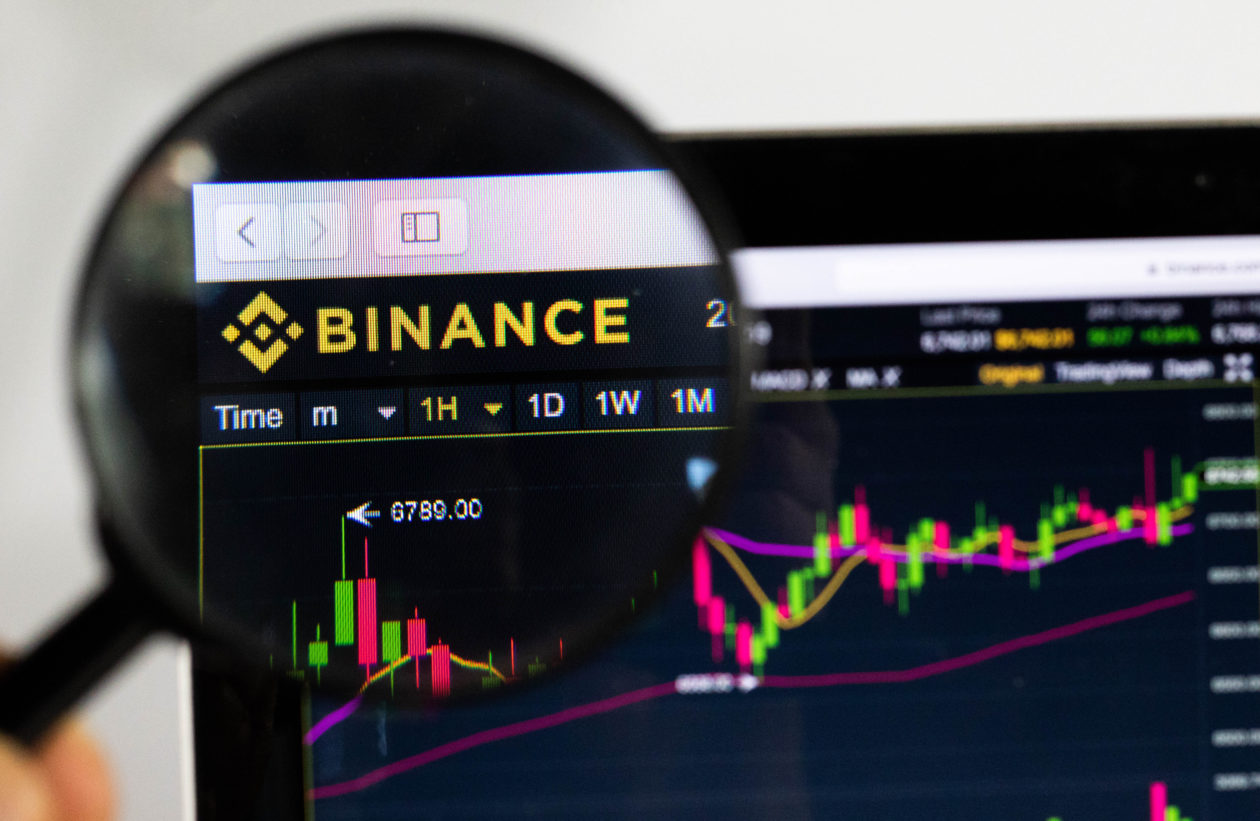As countries step up their implementation of the Financial Action Task Force’s standards, the list of regulators that have Binance in their crosshairs just keeps growing longer.
Fast facts
- Thailand’s Securities and Exchange Commission today filed a criminal complaint against Binance — the world’s largest cryptocurrency exchange by trading volume — for operating a digital asset business without license. “Binance has solicited the Thai public and investors to use its services, either via its website or Facebook Page: Binance Thai Community,” the SEC’s statement said. “On 5 April 2021, the SEC issued a warning letter requiring Binance to submit a written response but Binance failed to submit a response within the specified time.”
- Binance, if found guilty, could be liable for up to five years’ imprisonment and a fine of 200,000-500,000 baht (US$6,250-US$15,600) and a further fine not exceeding 10,000 baht for every day of the alleged violation.
- In response to a request for comment, a Binance spokesperson told Forkast.News: “We do not comment, as a matter of policy, on specific matters related to any regulators.”
- The Cayman Islands Monetary Authority on July 2 issued statement saying: “Binance, the Binance Group and Binance Holdings Ltd. are not registered, licensed, regulated or otherwise authorised by the authority to operate a cryptocurrency exchange from or within the Cayman Islands,” in response to media reports of Binance being incorporated in the country. The authority says it is currently investigating whether Binance or its affiliates have “any activities operating in or from within the Cayman Islands which may fall within the scope of the authority’s regulatory oversight.”
- A Binance spokesperson told Forkast.News that “Binance.com has always operated in a decentralized manner. Binance.com does not run a cryptocurrency exchange out of the Cayman Islands, as reported incorrectly in some media articles. We do however, have entities incorporated under the laws of the Cayman Islands performing activities that are permitted by law and not related to operating crypto-exchange trading activities. We will work with regulators to address any questions they may have.”
- The Monetary Authority of Singapore also this week issued a statement in response to media queries that it was “aware of the actions taken by other regulatory authorities against Binance and will follow up as appropriate with the applicant.” Binance currently operates in Singapore as Binance Asia Services under an exemption from holding a license as part of transitional arrangements under the Payment Services Act for the provision of digital payment token services. The exemption allows entities to provide services while their license applications are being processed. BAS’s licence application is being reviewed by the de facto central bank, a MAS spokesperson told Forkast.News.
- On July 1, South Korean lawmaker Noh Woong-rae called for Binance to be regulated in the country like local exchanges. “Binance does not pay taxes and does not abide by Korean regulations for basic investor protection even though [Binance] runs business for Koreans. This is clearly a reverse discrimination against Korean exchanges,” Noh said, according to local media reports.
- On June 26, the UK’s Financial Conduct Authority announced that Binance Markets Ltd. — part of the Binance Group — “is not permitted to undertake any regulated activity in the UK.”
- On June 25, Japan’s Financial Services Agency also warned Binance over operating in the country without registration.
- Binance announced on June 26 that it would cease serving Ontario, Canada-based users, and has asked them to close out their active positions by Dec. 31. This follows a series of enforcement actions by the Ontario Securities Commission — the agency that oversees securities legislation in Canada’s most populous province — against cryptocurrency exchanges Poloniex, KuCoin and Bybit.
- Binance is also being investigated in the United States for alleged money laundering and tax breaches and in Germany for its issuance of tokenized stock.
- Originally founded in China, Binance relocated its headquarters to Japan a few years ago, and then to Malta as China began cracking down on cryptocurrency and banned crypto trading. According to media reports, Binance was reportedly headquartered in the Cayman Islands and the Seychelles, although the company has since insisted that it is a decentralized business with no specific headquarters.
- Earlier this year, Binance hired former Financial Action Task Force Executive Secretary Rick McDonell and Josée Nadeau, the former head of the Canadian delegation to FATF, as well as former U.S. Senator Max Baucus, to provide guidance on the company’s global compliance and regulatory strategies.
- Among all cryptocurrency exchanges, Binance received more Bitcoin from criminal sources than any other in 2019, according to a Chainalysis crypto crime report.
Danny Park contributed to reporting.





